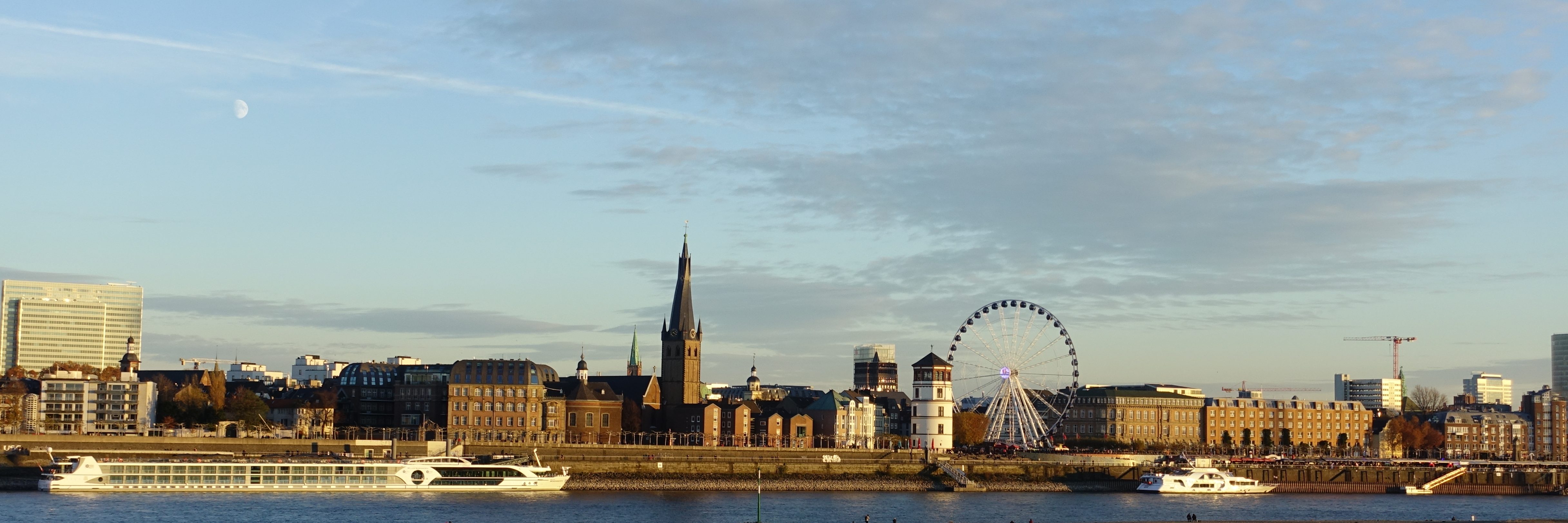I biked past this town last weekend:

"In their spatial orientation, a perfect example of clarity can be seen in the fences, gates, and walls that surround all German houses and yards. These fences clearly and exactly mark the boundaries between the different properties and serve as a protective wall, limiting entry from outside. Lawns and yards without clear boundaries, which inexactly blend into one another, like those found in many American towns and suburbs, are too ambiguous for Germans. They believe instead that Robert Frost’s ‘Good fences make good neighbors’* is actually more German than American. Given the limited space and high population density in Germany, this attitude makes sense."
— Greg Nees, Germany: Unraveling an Enigma, p. 47. The book’s balanced and insightful, by the way.
* You Amerikanisten out there will know this, but I’d like to point out that Frost, of course, mocked the saying "good fences make good neighbors" in Mending Wall:
‘Why do they make good neighbors? Isn’t it
Where there are cows?
But here there are no cows.
Before I built a wall I’d ask to know
What I was walling in or walling out,
And to whom I was like to give offence.
Something there is that doesn’t love a wall,
That wants it down.’




